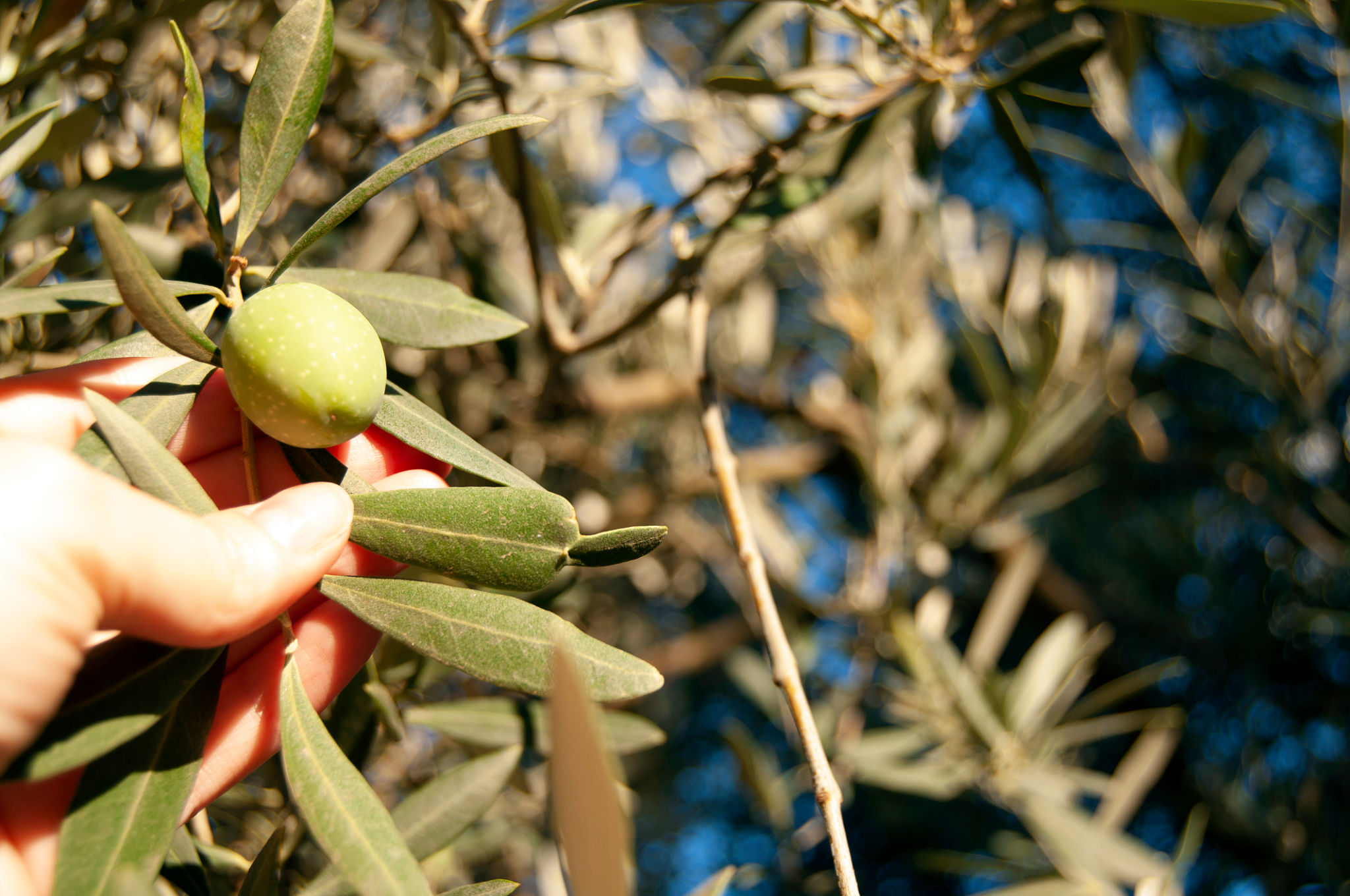Debunking Olive Farming Myths: What Every Grower Should Know
Introduction to Olive Farming Myths
Olive farming, with its rich history and cultural significance, is a rewarding venture. However, various myths can mislead potential growers. In this post, we will debunk some of these common misconceptions to help you cultivate your olives with confidence.

Myth 1: Olive Trees Require Constant Watering
One prevalent myth is that olive trees need frequent watering. In reality, olives are drought-resistant and thrive in well-drained soil with minimal moisture. Overwatering can be more harmful than beneficial, leading to root rot and other issues.
Understanding Olive Tree Hydration
Olive trees have adapted to survive in arid climates. It's crucial to water them sparingly, especially during their initial growth phase. A good rule of thumb is to ensure the soil is dry before watering again.

Myth 2: Olives Can Only Grow in the Mediterranean
While it's true that olives are native to the Mediterranean, they can be successfully cultivated in various regions around the globe. Many areas with similar climates, such as parts of California and Australia, have seen thriving olive farms.
Climate Considerations
Olive trees require a specific climate, characterized by hot, dry summers and mild winters. However, with proper care and selection of the right olive varieties, growers can achieve success outside traditional regions.

Myth 3: Olive Farming Is Not Profitable
Another common myth is that olive farming is not financially viable. On the contrary, olives and olive oil are in high demand worldwide, offering lucrative opportunities for growers willing to invest time and effort.
Maximizing Profitability
To enhance profitability, consider diversifying your product range. Beyond traditional olive oil, explore options like infused oils, table olives, and olive-based skincare products. Marketing and branding also play a critical role in reaching premium markets.

Myth 4: Olive Trees Are High Maintenance
Some believe that olive trees require constant attention and care. While they do need regular maintenance, they are relatively low-maintenance compared to other fruit trees. Proper pruning, pest control, and soil management are key to healthy olive trees.
Simple Maintenance Tips
Regularly inspect your trees for signs of pests or disease. Prune them annually to ensure good air circulation and sunlight penetration. These practices will help maintain a healthy grove with minimal effort.

Conclusion: Embrace the Facts
By debunking these myths, we hope to provide a clearer picture of what olive farming truly entails. With accurate knowledge and the right approach, olive farming can be a rewarding and successful endeavor. Embrace the facts, and your olive grove will flourish.